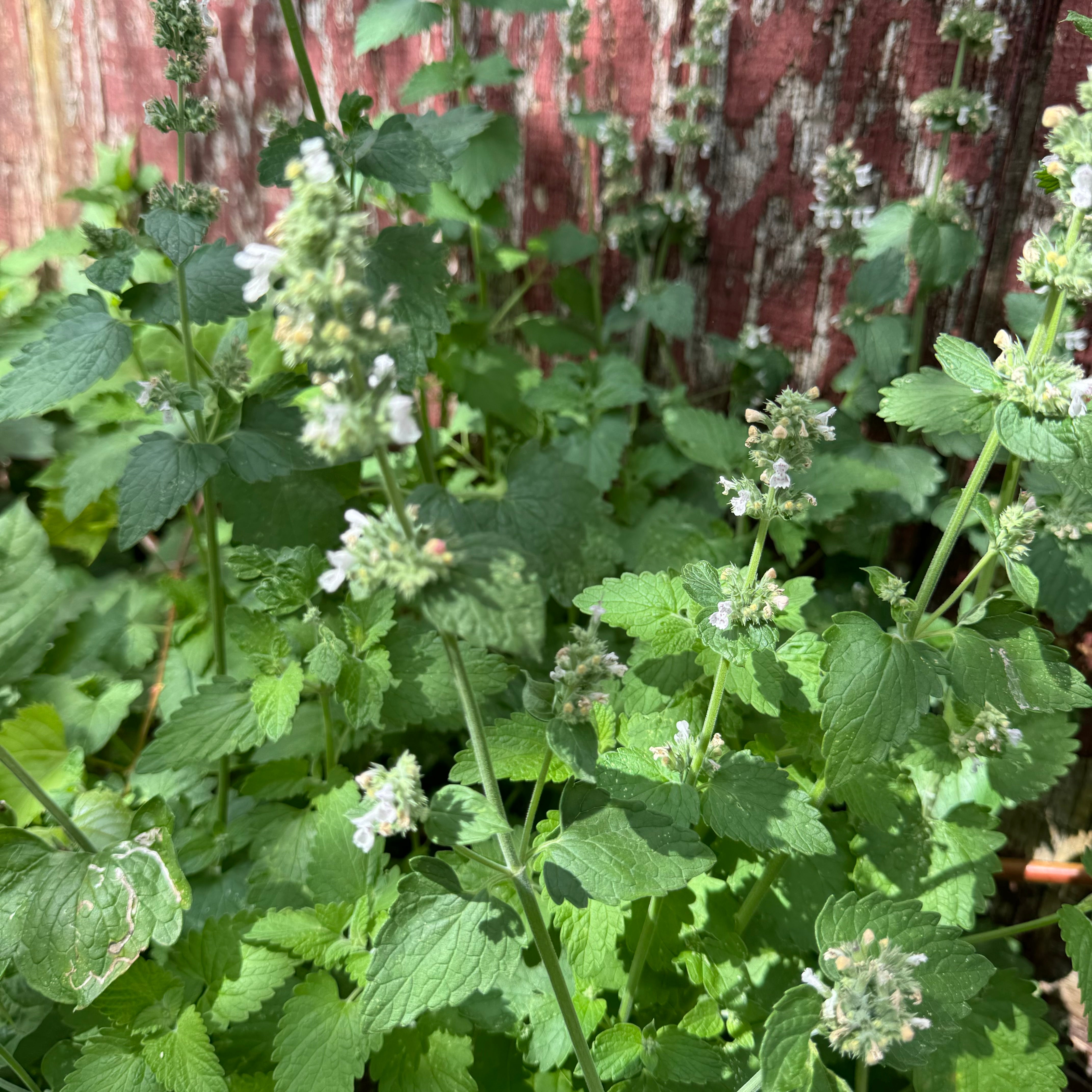All About Organic Hemp
“Organically Grown”, “Certified Organic” are just some of the labels you will see on our hemp flower or websites of growers of hemp or vendors that sell it. Its an often overlooked label but in hindsight, I think we can all recall seeing that off to the side somewhere. Whats the significance? Is organic farming practices really better than other methods? Is it worth going out of the way to look for? Is organically grown cannabis better than cannabis grown using synthetic nutrients?
According to the Encyclopedia Brittanica, organic farming is an “agricultural system that uses ecologically based pest controls and biological fertilizers derived largely from animal and plant wastes and nitrogen-fixing cover crops.” In laymens terms, this means that pest control and fertilization is only done with substances derived from other organic compounds, and not artificial chemicals. The idea of organic farming in modern times (obviously for most of human history we didn’t have access to synthetic fertilizers) came about in the early 1900s, but unfortunately was eventually overshadowed by corporate greed. Using synthetic fertilizers and pesticides is just cheaper than organic methods. In recent times, there has been a large resurgence of organic growing and farming methods.
Non organic farming produces bigger crops for less money. Using pesticides and synthetic fertilizers is cheaper and more effective, but comes at a big cost to our bodies. Pesticide” is an umbrella term that includes any agent or technique used to control pests; the term includes antimicrobials, fungicides, herbicides, insecticides, insect growth regulators, and rodenticides, among others. There are numerous pesticides registered in the United States, though the 5 most often used in agriculture are the herbicides glyphosate, atrazine, metolachlor-S, and 2,4-Dichlorophenoxyacetic (2,4-D) acid, and the fumigant dichloropropene. The most commonly used insecticides in agriculture are the organophosphates chlorpyrifos and acephate, while the most common for home and garden–use are carbaryl, acephate, and pyrethroids. These are all toxic to the human body, and most have been found to be carcinogenic and linked to numerous forms of cancer such lung, pancreatic, bowel (colon and rectal), prostate, brain and bladder cancer, melanoma, leukaemia, non-Hodgkin lymphoma and multiple myeloma.
When talking specifically about cannabis, there is a raging debate over whether it should be exclusively grown organically or not. There are many growers that swear by synthetic nutrients and pesticides. After all, they do absorb into the plant faster or kill pests more efficiently, often time with less effort and overall lower cost. They are also able to be formulated exactly for specific needs and stages of growth, which can lead to overall better harvest and higher cannabinoid levels. For some growers, these benefits themselves are enough to stop them from converting. However, since cannabis is destined to be ingested, whats put into the plant is eventually put into our bodies. There hasn’t been enough research done, but many synthetic nutrients and pesticides commonly used in cannabis grows are certainly toxic for our bodies and potentially carcinogenic. The production of synthetic nutrients is also terrible for the environment, as they are not made from renewable resources.
Aside from the potential danger to our bodies, synthetics pose their own threat to the cannabis plants themselves. Nutrient burn is a common problem, where synthetic nutrient feeding overloads the plant with chemicals and causes it to wilt, have stunted growth, or even die altogether. Synthetic nutrients also cause salt build up in the soil or medium that the plant is grown in. This degrades soil and overtime leads to nutrient runoff, where the soil can no longer absorb and hold the nutrients so it just flows out. This is wasteful, obviously not helping the plant, and bad for the environment. There are many in the industry who will argue that synthetic does not necessarily mean “unsafe” because they are refined from naturally occurring minerals and processed to remove toxins, but that's only for the plants, and we don’t really know if smoking those will have any long term negative effects on our health.
Have you ever lit up a joint that crackled as it burned, and you know there isn't any seeds or stems in it? Maybe you’ve smoked some top shelf flower and it tasted or smelled “off” besides having a perfect cure and trim. Those are both signs that the flower was grown with synthetic nutrients which are still present in the flower. That is direct evidence that ingesting flower grown with synthetic nutrients also means you are ingesting the synthetic nutrients as well. This effect is even more intense when dealing with concentrates, as separating the contaminants from concentrate products is time consuming and requires chemistry to do. Most growers or vendors just don’t put that kind of effort into their product.
Organic growing is a great choice for the plant, the end user, and the environment. Organic growing methods include using alfalfa meal, worm castings, manure, bat, chicken, or other bird guano or scat, fish emulsion, bone meal, fish meal, blood meal, and other plants processed into a food that is beneficial to living plants. All of these are renewable forms of material, and don’t leave residual contaminants in the plant. There are drawbacks to organic growing, such as the price. Organic materials must be harvested or collected, usually from animals in some way or a biproduct of other agriculture, and packaged and sold. This leads to a higher price than synthetic nutrients that can be processed in large amounts in laboratories. Organic nutrients also take a bit longer to absorb into the plant, as they have to be broken down in the soil before the plant can uptake it. Overall though, the pros far outweigh the cons. Organic methods are better for the plants, the environment, and the end user. Plus, its easy for those of you growing at home to make your own organic nutrient mixes for your plants.




